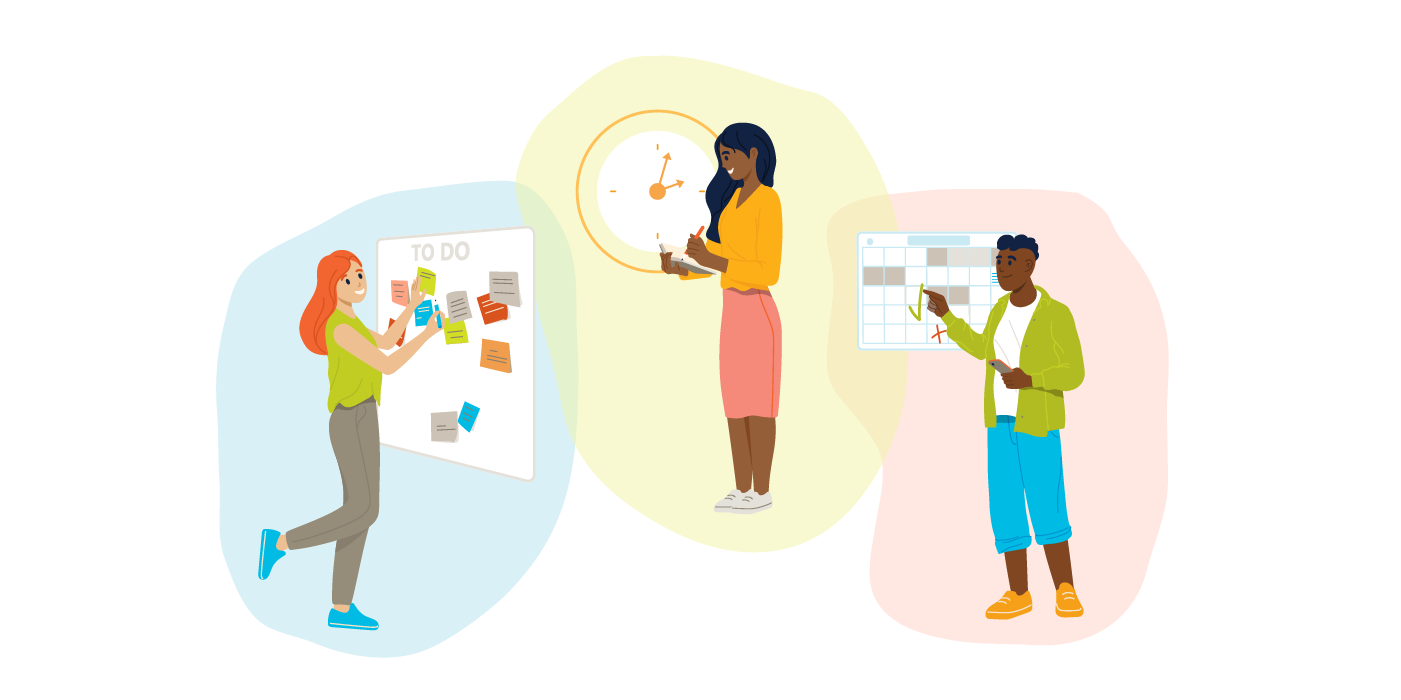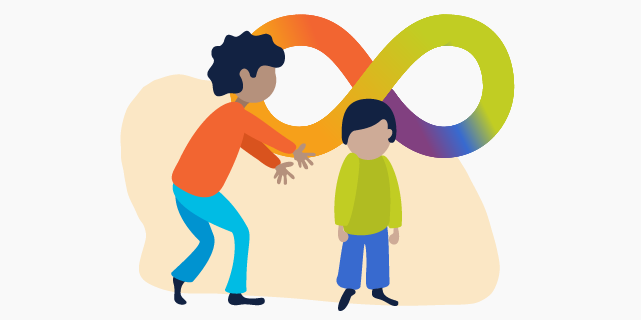The ‘Silent Epidemic’ of Eating Disorders
 Researchers who study eating disorders sometimes call them the silent epidemic. Despite the stereotype that these disorders afflict only young white women, the truth is that they occur among people of all ages, genders, ethnicities, races, shapes, and sizes. Read more ›
Researchers who study eating disorders sometimes call them the silent epidemic. Despite the stereotype that these disorders afflict only young white women, the truth is that they occur among people of all ages, genders, ethnicities, races, shapes, and sizes. Read more ›


 In this podcast from the American Psychological Association, Jacqueline Nesi, PhD, of Brown University, talks about the research on social media and teens’ mental health, whether it’s possible to be addicted to social media, what teens themselves think about social media, and what parents can do to help their kids use social media in a healthy way.
In this podcast from the American Psychological Association, Jacqueline Nesi, PhD, of Brown University, talks about the research on social media and teens’ mental health, whether it’s possible to be addicted to social media, what teens themselves think about social media, and what parents can do to help their kids use social media in a healthy way.
 Join us for this conversation with Jack and his mom, Cheri. Jack was a teen who seemingly had it all — popular with his peers, strong friendships, a leader on the Varsity track team and a very strong student (graduated as Valedictorian of his class!). Yet, beneath the surface, Jack grappled with an internal battle with anxiety and OCD that would reshape his life in unexpected ways.
Join us for this conversation with Jack and his mom, Cheri. Jack was a teen who seemingly had it all — popular with his peers, strong friendships, a leader on the Varsity track team and a very strong student (graduated as Valedictorian of his class!). Yet, beneath the surface, Jack grappled with an internal battle with anxiety and OCD that would reshape his life in unexpected ways. 
 The lives of young adults look far different than they did a generation ago: The average age at which people marry and have children is higher than ever, and rising housing costs mean more young adults are living with parents. Laurence Steinberg, PhD, of Temple University, talks about how these changes are affecting the relationship between parents and their grown children.
The lives of young adults look far different than they did a generation ago: The average age at which people marry and have children is higher than ever, and rising housing costs mean more young adults are living with parents. Laurence Steinberg, PhD, of Temple University, talks about how these changes are affecting the relationship between parents and their grown children. 




 ADHD is the most common neurodevelopmental disorder among U.S. children and adolescents, leading to differences in attention, impulsivity, energy and behavior. All of this can be disruptive to a child’s school and learning experience as well as their social-emotional wellbeing.
ADHD is the most common neurodevelopmental disorder among U.S. children and adolescents, leading to differences in attention, impulsivity, energy and behavior. All of this can be disruptive to a child’s school and learning experience as well as their social-emotional wellbeing. 

 Studies indicate that Dialectical Behavior Therapy (DBT) is “the best tool we have” for self-harming and suicidal adolescents. So what is it and why is it so effective? DBT teaches important social-emotional and resilience skills for life enhancement.
Studies indicate that Dialectical Behavior Therapy (DBT) is “the best tool we have” for self-harming and suicidal adolescents. So what is it and why is it so effective? DBT teaches important social-emotional and resilience skills for life enhancement. 

 One of the most important things we can do for our children is to help them develop resilience. A common misconception is that people are either resilient or not; that we’re born one way or the other. In fact, the process of building resilience is a lifelong journey of learning to cope with challenging experiences and adapt well in the face of adversity.
One of the most important things we can do for our children is to help them develop resilience. A common misconception is that people are either resilient or not; that we’re born one way or the other. In fact, the process of building resilience is a lifelong journey of learning to cope with challenging experiences and adapt well in the face of adversity. 

 Sometimes parents don’t want to have their child screened for autism because they are afraid of labels, stigma and limitations. But while overwhelming, diagnosis can also bring support, services and maybe even relief.
Sometimes parents don’t want to have their child screened for autism because they are afraid of labels, stigma and limitations. But while overwhelming, diagnosis can also bring support, services and maybe even relief. 
 When you hear a sound, how do you respond? You might choose to ignore it or investigate its source. This process of using our senses to interpret a situation and respond in a purposeful way is called sensory integration. When these systems don’t synthesize, whether due to a diagnosis like autism or ADHD or to a skills deficit, it can lead to a whole host of learning and behavioral challenges. Studies have found that 1 in every 6 children has sensory processing issues that make it more difficult for them to thrive in school.
When you hear a sound, how do you respond? You might choose to ignore it or investigate its source. This process of using our senses to interpret a situation and respond in a purposeful way is called sensory integration. When these systems don’t synthesize, whether due to a diagnosis like autism or ADHD or to a skills deficit, it can lead to a whole host of learning and behavioral challenges. Studies have found that 1 in every 6 children has sensory processing issues that make it more difficult for them to thrive in school. 

